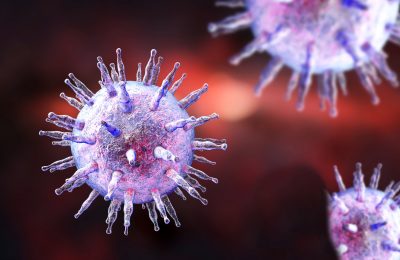We reported last year the disappointing news that preliminary results from the Norwegian randomised trial of rituximab were not showing any clinical benefit of the drug in people with ME/CFS.
This was doubly disappointing for us at ME Research UK because we had recently awarded a grant to Prof. David Patrick at the University of British Columbia to use data from the trial to develop an immunosignature predicting individuals who would respond to the treatment. We jointly made the decision not to proceed with this study since, in these trial participants at least, there would be nothing to show.
The final results of the randomised trial have now been published in the Annals of Internal Medicine, and, unfortunately, they confirm initial indications that: “B-cell depletion using several infusions of rituximab over 12 months was not associated with clinical improvement in patients with ME/CFS.”
We do not have access to the full publication, but the abstract is available on the journal’s website, and the basic results of the trial are as follows.
Rituximab is an antibody that attacks B-cells, and has been used to treat some cancers and autoimmune disorders. Following promising results in patients with ME/CFS, a randomised, placebo-controlled trial of rituximab was started in 2014 at five centres in Norway.
One hundred and fifty-one adult patients with ME/CFS (defined according to the Canadian consensus criteria) were treated with either rituximab or placebo. A total of six infusions of the drug were delivered over the course of 12 months, and participants were assessed by measuring their fatigue score during treatment and for 12 months thereafter.
A response to treatment was defined as a fatigue score of 4.5 or greater for at least eight consecutive weeks. This fatigue score was presumably the same as that used in the investigators’ previous trials, and based on the average of four self-reported symptoms: fatigue, post-exertional exhaustion, need for rest, and daily functioning. The scale ranges from 0 (major worsening) to 6 (major improvement), so a fatigue score of 4.5 or greater indicates a slight, moderate or major improvement in symptoms.
Based on this definition, 26.0% of patients who received rituximab achieved a treatment response, compared with 35.1% of those on placebo, and the difference between the treatment groups was not statistically significant.
There were also no differences between the treatment groups in the fatigue scores over 24 months, nor in secondary outcomes including self-reported function, physical activity, and scores on the Short Form-36 Health Survey and Fatigue Severity Scale.
As we said previously, this is particularly disappointing as rituximab has been one of the greatest hopes in recent years for an effective treatment for ME/CFS. It remains to be seen exactly what this means for rituximab, as far as ME/CFS is concerned, and for our understanding of the pathophysiology of the illness.
In the paper, the lead investigator, Dr Øystein Fluge, and his colleagues conclude that: “The lack of clinical effect of B-cell depletion in this trial weakens the case for an important role of B lymphocytes in ME/CFS but does not exclude an immunologic basis.”
If this is the end of the road for rituximab, let us hope that it just stimulates further research into other aspects of immunity in ME/CFS, like the studies we are currently funding in Vermont, Alabama, Newcastle, and Berlin.



